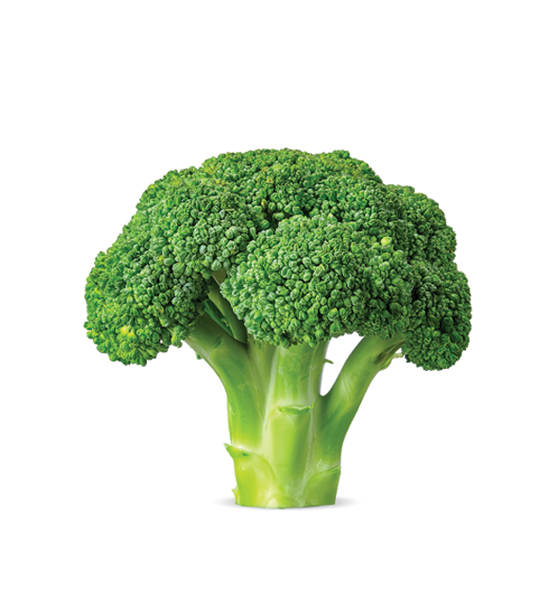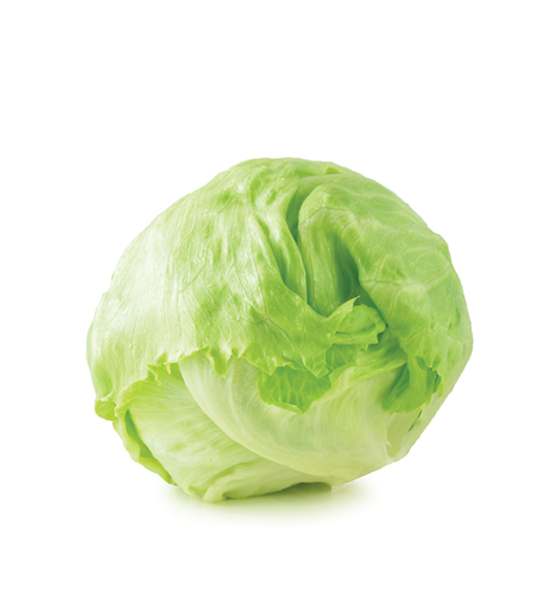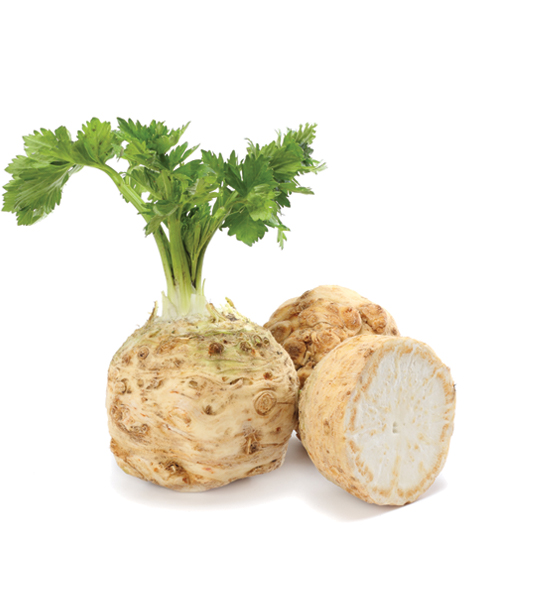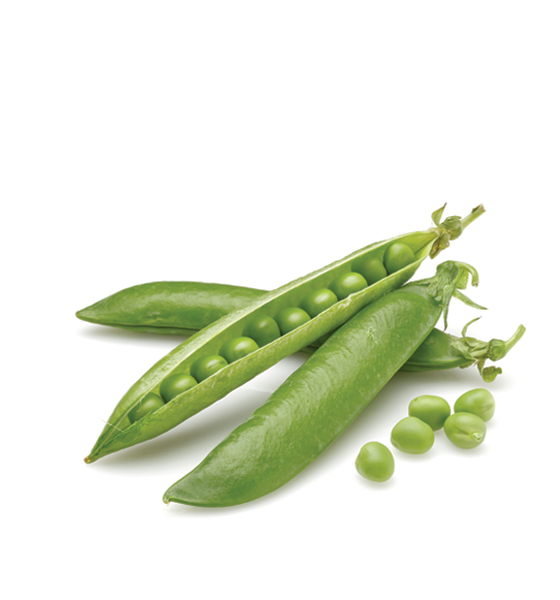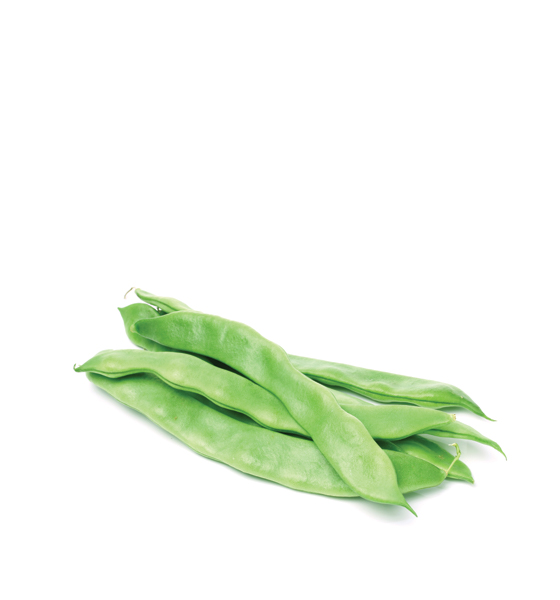BROCCOLI
Broccoli belongs to the Brassicaceae Cruciferae family, known as the cabbage family, and is a cool-climate vegetable species. Despite being less recognized in Turkey compared to cauliflower varieties, broccoli has gained popularity in the last 10-15 years due to the understanding of its nutritional importance. The edible part of the broccoli plant consists of undeveloped flower heads made up of fleshy stalks, unlike cauliflower. Broccoli typically has dark green or bluish-green heads, although some varieties may have white, yellow, or purple heads. The green-headed varieties are the most preferred in Turkey and globally. In terms of nutritional content, 100 grams of broccoli contains approximately 6 grams of carbohydrates, 2.4 grams of fiber, 2.6 grams of protein, 0.3 grams of fat, 1.5 grams of sugar, 288 mg of potassium, 47 mg of calcium, 33 mg of sodium, 0.7 mg of iron, and 66 mg of phosphorus.
SPECIFICATIONS
Country: TURKEY
Size/Weight: Over 200 grams
Packaging Weight: 03 | 05
Description
BENEFITS
Broccoli is a rich source of vitamin C, which is a potent antioxidant known for its role in fighting cancer. Additionally, broccoli contains abundant amounts of vitamin A, which is equally effective in combating cancer. It also includes two minerals, zinc and selenium, both highly protective against cancer. Selenium, among minerals, is particularly strong in cancer prevention, so much so that selenium supplements were once popular among cancer patients. Broccoli is also a good source of calcium and folate. Folate is essential for the immune system as it is crucial in the production of white blood cells in the bone marrow during their early stages. Deficiency in folate can lead to anemia and weakened immunity. A robust immune system is the primary defense against cancer in our bodies.
The dietary fiber in broccoli helps prevent constipation and reduces the long-term risk of colon cancer associated with chronic constipation. It accomplishes this by preventing cancer-causing substances in foods from coming into contact with the intestinal wall. Therefore, it’s advisable to consume broccoli regularly as part of meals, especially alongside meat dishes, rather than in isolated detox treatments.

